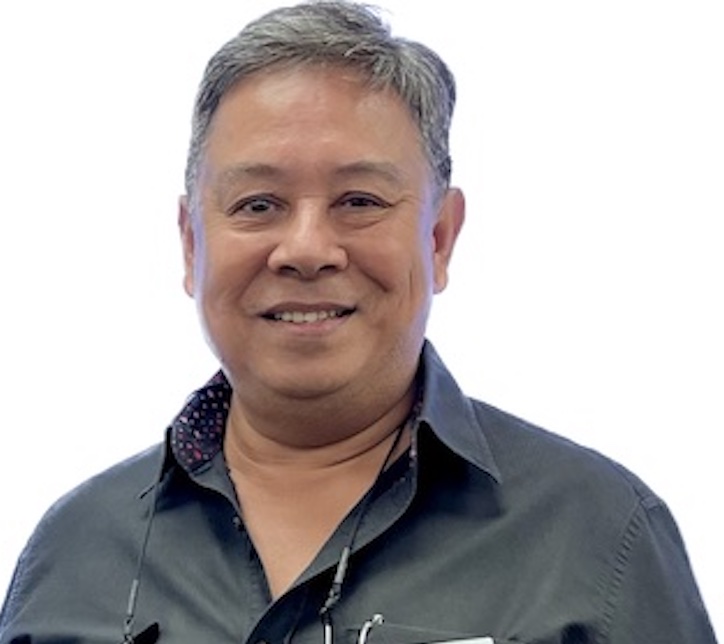Singapore is vibrant society that attracts sophisticated, ambitious and intelligent individuals from all over the world.
But whilst most expatriates appear to have it all, the unspoken truth is that, behind the façade, many of these individuals are dealing with critical health issues, marriage breakups, financial ruin or self-destructive children. And they are doing so isolated from their most-trusted support network.
For this reason, it’s perhaps time to lift the lid on the silent struggle of expat life and explore how we can help those too afraid or too ashamed to be seen as anything but perfect.
It goes without saying that every single expatriate is unique; individual; a distinct reflection of the wide range of countries, cultures and backgrounds welcomed into our midst. However, embedded under these individual stories is a common theme: the vast majority of expats exhibit a certain degree of dynamism, ambition, intellectualism and success. These qualities can certainly help lead to a life of comfort, contentment and accomplishment. However, the mantle of success can also work against us – particularly when it comes to openly expressing our vulnerabilities, our failings and our struggles.
If we are to be honest and peel back the veneer of social expectation, we can see that having personal challenges and painful experiences is regarded by society as a form of failure. Successful people are expected to be happy, well-rounded and in control of their personal lives. In recent decades, this falsehood has become particularly acute – perpetuated, as it is, in the media, on social media and in our personal judgments of others.
Because of this pressure to appear perfectly-successful, many, many people – particularly those isolated from beloved family and trusted friends – can be compelled to hide any pain and anguish away from public eyes. Instead of vulnerable requests for help, many individuals feel obligated to struggle in silence.
Studies have shown that strong social connections can reduce the impact of depression, anxiety and other mental illness. This means that expatriates are in a particularly vulnerable position - the transient (and comparably superficial) nature of expat friendships can leave many people suffering in silence and trying to bear the unbearable (loneliness, ill health, bankruptcy, marriage breakdowns, abuse) without the support they so desperately need. It is little wonder, perhaps, that expats are considered to be 2.5 times more likely to suffer from depression, anxiety and other forms of mental illness than their hometown counterparts.
Understanding the inevitability of personal challenges and the unique pressure and isolation of expatriate life, it becomes vital for us, as friends, neighbours and clubmates, to acknowledge our responsibility to others in the expat community. With a conscious and honest approach to suffering, we can each help gently steer our community toward one of more authenticity and vulnerability, and enable a community where every single one of us can thrive.
This involves each of us taking simple steps to:
Embrace imperfection
How many judgments do you make of yourself and others based on an unconscious and inherited ideal of perfection? Most of us struggle with the idea of “appearances” and “getting things right”. What would be healthier and more helpful is to accept and understand that we are born fallible; it’s ok to not know, to make mistakes, to lose control, to not fit in, to choose unwisely and to be different from the norm. And it is ok to fail. In fact, it is perfect.
Take responsibility
If we are ever to create a community that welcomes authentic expression — one where we can openly share our genuine pain and fear — it must be balanced with an equal dose of self-responsibility. Society will not ever welcome open expression if it leads to repetitive complaints about self-inflicted grievances. Therefore, it is vital to accept personal responsibility for your own situations, and demand that same responsibility from others.
In most instances, we can choose actions that will lead us away from ongoing struggle and pain. In all situations, we can choose grace, acceptance and forgiveness. By accepting the parts of ourselves that tend to create painful situations (callousness, naivety, fear, need etc) we can take responsibility for our lives. In turn, this means we can share our pain from place of empowered need, not victimhood.
Be a safe place
Vulnerability cannot thrive where judgement abides. One of the most profound changes we can make as individuals is to recognize vulnerability in others and take conscious steps to help them express themselves authentically. This means, not judging. Passing judgement on their situation, condition, decisions or state of mind is not helpful nor healthy. It also means, not rescuing — personal responsibility, remember? And it means not gossiping. Just be kind, open and understanding; be a safe place to fall.
About The Author
Kim Forrester is a mother, nature lover, holistic wellbeing advocate and kindness enthusiast. As an award-winning author, educator and consultant, she combines cutting edge science with spiritual philosophy to inspire holistic wellbeing and fullness of living. Born in New Zealand, Kim has lived in several countries - now in Singapore.
Looking for some drops of goodness in these uncertain times? Visit www.kimforrester.net for a range of courses, content and consultations that will help you thrive in life. Plus, check out the Eudaemonia podcast on your favourite podcast app for thought-provoking conversations about the traits and practices that can inspire you to flourish.











